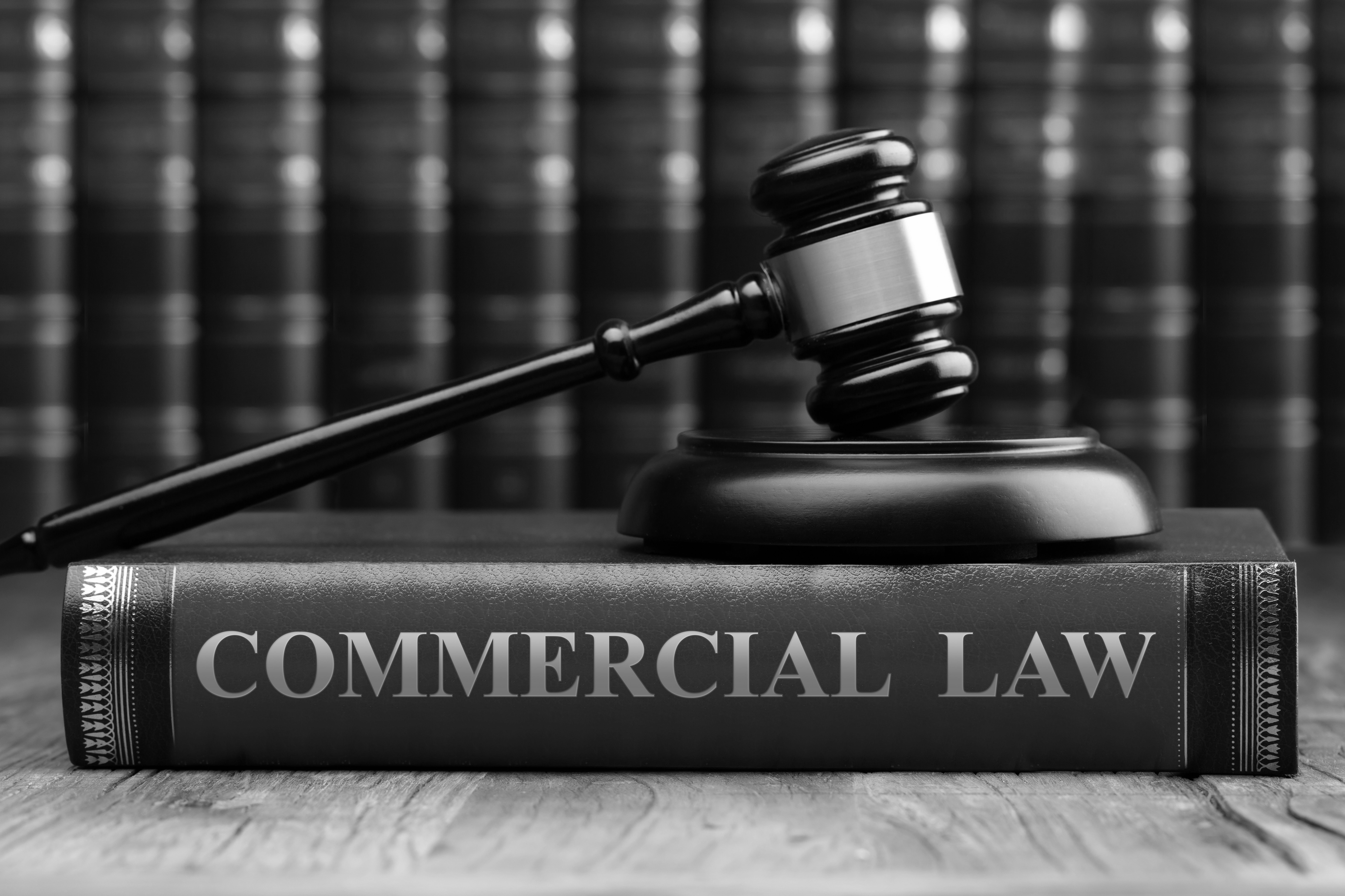Introduction
Commercial law, also known as business law, governs the rights, relations, and conduct of individuals and businesses engaged in commerce, merchandising, trade, and sales. In Tulsa, OK, understanding commercial law is vital for business owners and entrepreneurs. This article explores the essential aspects of commercial law, the types of cases handled, and tips for selecting the right attorney.
What is Commercial Law?
Commercial law encompasses legal rules and regulations that oversee business activities. It covers a wide range of areas, including contract law, corporate law, and intellectual property law. This field is designed to ensure fair practices and competition, protect consumers, and provide a legal framework for resolving business disputes.

Key Areas of Commercial Law
- Contract Law: Governs agreements made between businesses or between businesses and individuals. It includes the creation, interpretation, and enforcement of contracts.
- Corporate Law: Focuses on the formation, governance, and dissolution of corporations. It includes issues related to corporate structure, shareholders’ rights, and mergers and acquisitions.
- Intellectual Property Law: Protects the creations of the mind, such as inventions, literary and artistic works, designs, and symbols. This area includes trademarks, copyrights, and patents.
- Employment Law: Regulates the relationship between employers and employees. It covers employment contracts, workplace safety, and anti-discrimination laws.
Common Commercial Law Cases
- Contract Disputes: Arise when one party fails to fulfill the terms of a contract. Common issues include breach of contract, disputes over contract terms, and enforcement of contractual obligations.
- Business Torts: Involve wrongful acts committed against a business, such as fraud, interference with contractual relations, and unfair competition.
- Intellectual Property Disputes: Include infringement of trademarks, copyrights, and patents, as well as trade secret misappropriation.
- Corporate Governance Issues: Involve disputes between shareholders, directors, and officers regarding the management and operation of a corporation.
The Commercial Litigation Process
- Filing a Complaint: The plaintiff initiates the lawsuit by filing a complaint outlining the dispute and the relief sought.
- Pre-Trial Motions: Both parties may file motions to resolve procedural or substantive issues before the trial.
- Discovery: Parties exchange information and gather evidence through depositions, interrogatories, and document requests.
- Trial: If the case proceeds to trial, both sides present their evidence and arguments before a judge or jury.
- Verdict and Appeal: The court delivers a verdict, which can be appealed to a higher court if necessary.
Tips for Selecting a Commercial Law Attorney
- Experience: Look for attorneys with substantial experience in handling commercial law cases similar to yours.
- Specialization: Ensure the attorney specializes in the specific area of commercial law relevant to your case.
- Reputation: Research the attorney’s reputation through client reviews, professional ratings, and references.
- Communication: Choose an attorney who communicates effectively and keeps you informed throughout the legal process.
Conclusion
Navigating commercial law in Tulsa, OK, requires a comprehensive understanding of various legal principles and practices. Whether you are dealing with contract disputes, intellectual property issues, or corporate governance problems, having a knowledgeable attorney can make a significant difference in the outcome of your case.
For more information on commercial law, visit the American Bar Association’s Commercial Law Section.